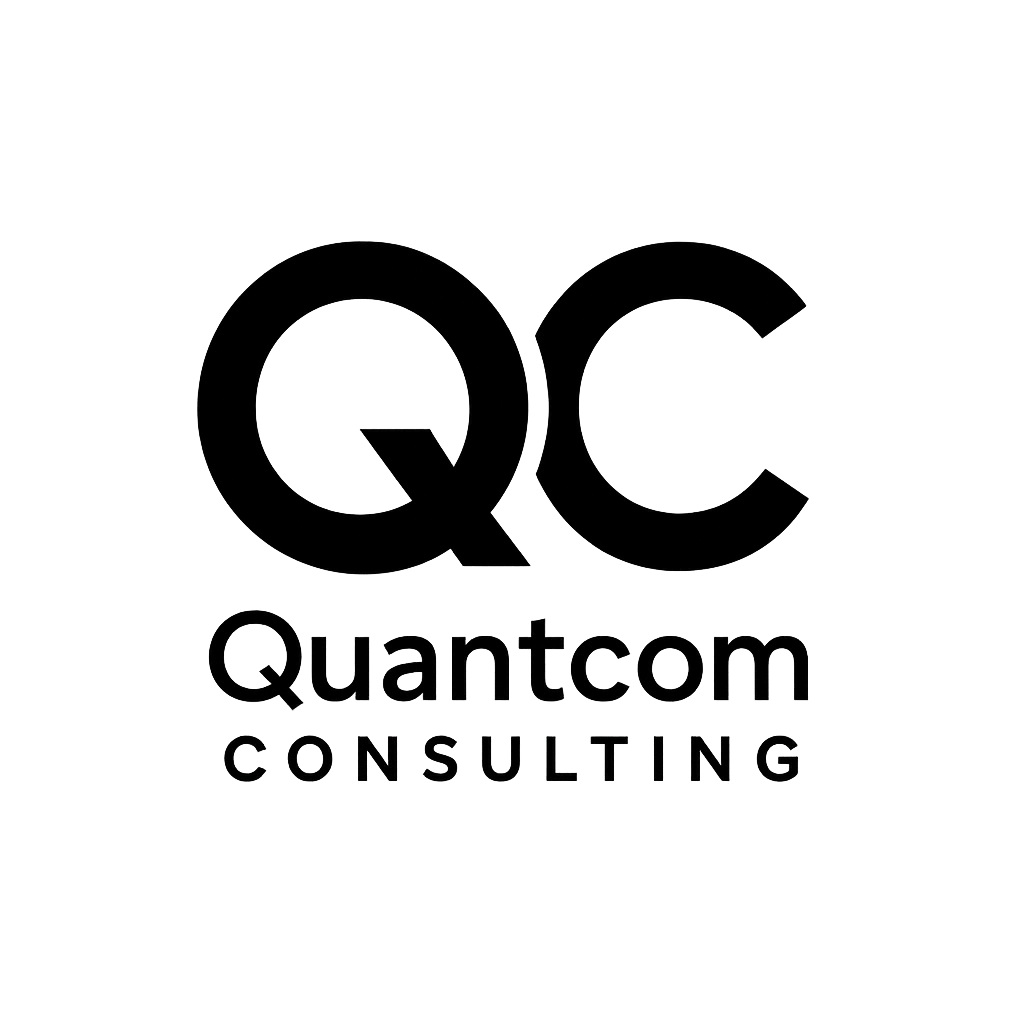Strategic Programme Management: Navigating Complexity with Confidence
A large number of organisations in today’s world are facing unprecedented levels of complexity, uncertainty, and disruption contributed to by a multitude of factors ranging from technology developments through to macro-economic considerations. Successful leaders understand that strategic programme management isn’t just about overseeing tasks or hitting milestones, it's about steering transformational change, managing risk proactively, and keeping the organisation's strategy at the heart of their decision-making.
In this article we’ll take a look at some practical tips and strategies that can be employed to help in aligning complex programmes with your business objectives, managing uncertainty effectively, and embedding lasting change within your organisation.
Making Strategy Meaningful
Every successful programme starts with clarity of purpose. Your strategic objectives shouldn’t be abstract concepts, they should be the compass guiding every decision, milestone, and deliverable. It’s important that you’re clear on the purpose, objective and target outcomes of your business strategy and can communicate this clearly, concisely and effectively to ensure your teams and employees clearly understand the objectives they’re working towards. This is especially important when it comes to large scale and complex programmes of work where it’s essential that everyone is ‘singing from the same hymn sheet’
The Importance of Executive Sponsorship
Real alignment happens when executive leaders don’t just lend their name to the programme but actively champion and become key advocates. Engaging senior stakeholders early, and consistently throughout to delivery of your programme to communicate your vision clearly will empower them to visibly advocate for the programme’s outcomes and success.
Turning Goals into Tangible Outcomes
Successful programme managers are translators and strong communicators. They’re able to convert strategic vision into clearly defined outcomes. Approaches like Objectives and Key Results (OKRs) or balanced scorecards aren’t just corporate buzzwords; they're powerful tools that bridge the gap between strategic ambition and operational delivery allowing you to effectively track and importantly communicate with transparency the ongoing progress and success of your programme.
Breaking Silos and Encouraging Cross-Functional Thinking
Complex programmes touch multiple parts of an organisation thereby making it crucial that teams aren’t working in isolation. They should have a clear understanding of how their activities fit together into the overall programme of work. Facilitate regular cross-functional workshops, encourage open communication channels, and make alignment sessions standard practice. When everyone understands their role in the bigger picture, strategic alignment is more likely to become second nature.
Governance That Empowers Rather than Limits
Far too often programmes can implement an unnecessary level of governance that leads to not just a feeling of restriction for the team members but literally restricting moving forwards and making progress due to having too many layers of approval. Focus on ensuring that you have effective governance in place that provides the necessary oversight and guardrails for the project whilst facilitating timely and efficient decision making as well as empowering team members.
Agile Steering Committees
Effective steering committees aren’t about presenting endless reports. We’ve all no doubt been in steering committees that feel exactly like this though; continual slides and data with no substance, real value or decision making requests within them. A truly effective steering committee should be a forum for robust, strategic discussion and decisive action.
Keep these meetings focused, relevant, and outcome-driven, ensuring senior leaders are involved in actively guiding the programme.
Transparency Drives Trust
Clear accountability and open communication help build trust at all levels. Simplify your reporting and escalation processes, maintaining transparency so that risks and issues surface quickly. When stakeholders feel informed and involved, governance strengthens rather than inhibits. Through being transparent with your reporting throughout the wider team and organisation you also instil the right behaviours in the rest of the team and avoid issues being kept under wraps until its too late to deal with them.
Risk and Issues - Managing Uncertainty Proactively
No programme is without risk and I’ll repeat that for emphasis NO PROGRAMME IS WITHOUT RISK! Far too often I’ve seen people suggesting there ‘is no risk’ or trying to find every other term or approach they can use to refer to a risk than calling it what it is. Effective risk identification and management is the key to ensure that risks are effectively mitigated, they avoid becoming issues and as a result impacting your programme delivery. Ensure that your programme team are proactive in their identification of risk and comfortable bringing them to the forefront early to ensure they’re dealt with.
Surfacing Hidden Dependencies
Complex programmes fail when hidden dependencies emerge too late. Maintain dependency maps or visualisation tools, if possible, to surface these connections early. Using collaborative platforms or workshops helps to encourage open discussion about potential impacts, ensuring proactive intervention rather than reactive firefighting. Many a programme has failed because dependencies either weren’t captured and highlighted or were allowed to fall to the wayside only to become a major blocker later down the line.
Overcoming Resistance
Resistance is natural during significant transformations. Recognise it, understand the underlying concerns, and engage openly and empathetically. Prioritise regular and transparent communication and actively involve stakeholders in decision-making to break down resistance, transforming sceptics into advocates. Ensuring you have the appropriate focus on change and communication including through resourcing within the team to focus on this important consideration can be the difference between a programme that lands with success or fails at the final hurdle of your customer base and organisation accepting the transformation being delivered.
Conclusion: Driving Transformation with Purpose
Strategic programme management is a discipline where success comes from balancing structure with agility, leadership with empowerment, and vision with pragmatism. When programmes align clearly with strategic objectives, manage risks proactively, and foster genuine leadership, organisations become adept at not just navigating complexity but thriving within it.
Remember, strategic programme management isn’t simply about managing work, it's about leading meaningful transformation. With clarity, collaboration, and confidence, programme leaders can turn complexity into competitive advantage.

